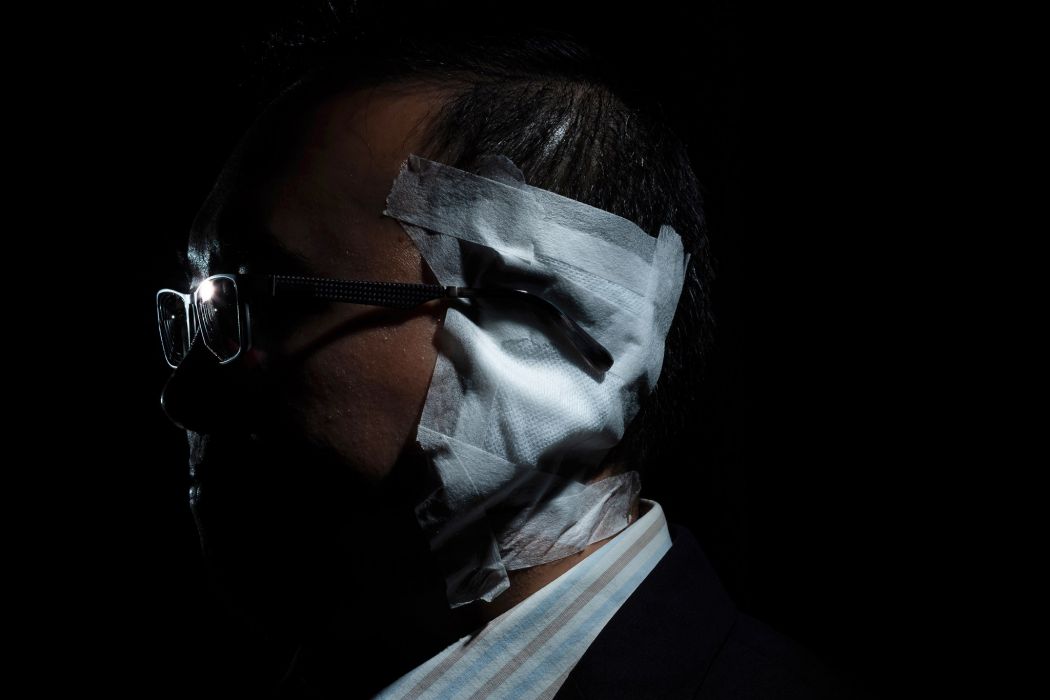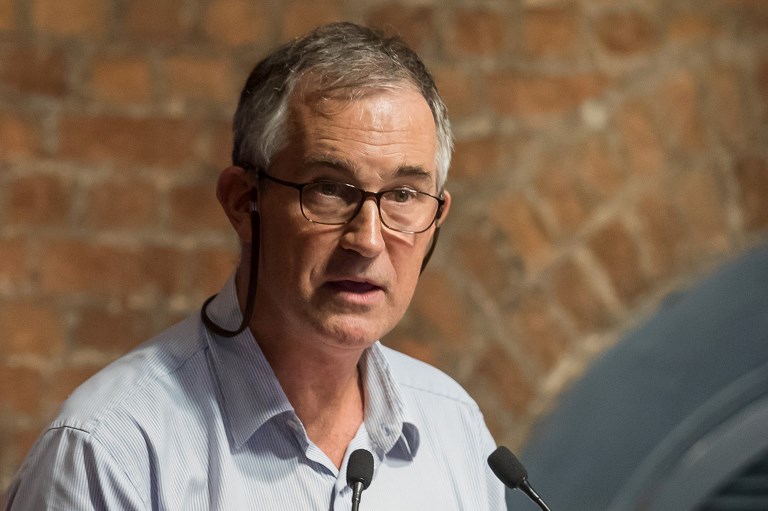In late December, I wrote about photographers covering the protests in Hong Kong, and how the work that they do shines a light on what is really going on in the streets for the world to see. I also wrote that these photographers are working to take a stand to protect not just the truth, but the ideas of a free global society and a free press.
Journalists and photojournalists all over the world face censorship, harassment by police and security forces, jail time, and sometimes death, for the work that they do. Some of these tactics have been used in Hong Kong against those covering the protests; tear gas, rubber bullets, strobe lights and police harassment have all been employed to try and keep journalists from doing their jobs.

Now some of those photographers who have been covering the protests are facing censorship of their work from an unexpected source: the SONY World Photography Awards. The World Photography Organization that runs the awards has removed photographs by Ko Chung-ming’s series Wounds of Hong Kong, David Butlow’s Battleground Hong Kong and Adam Ferguson’s Hong Kong Protesters from the contest’s website because of their “sensitive nature.”
The photographers are still in the running for awards for their work. Many speculate, after looking into the managers of the group that runs the contest, and their links to China, that there is more than simply a standard review of the work after a concern was raised.

This controversy was quickly followed by the news that the United States had declared five Chinese news outlets government entities, basically stating that they are mouthpieces for the government in Beijing. In response, three Wall Street Journal journalists, Josh Chin and Chao Deng who are both American citizens and Philip Wen who is Australian, were expelled from China, and given five days to leave.
This came after Beijing complained about an op-ed that appeared in the Wall Street Journal. These are the first journalists to be expelled from China since 1998 according to the Foreign Correspondent’s Club of China. A few months ago Chun Han Wong, who is also a journalist for the Wall Street Journal, did not have his visa renewed, also leading to his being forced to leave the country, after writing an article about a cousin of Xi Jinping who is accused of money laundering and links to organised crime.

This sounds very similar to the 2018 case of Victor Mallet of the Financial Times, whose visa renewal was denied after he moderated a round table discussion at the Foreign Correspondent’s Club of Hong Kong involving a fringe political party which advocated Hong Kong independence. The political party has since been disbanded and labelled as a threat to national security. Mallet was also a Vice President of the Foreign Correspondent’s Club, of which I am an absentee member.
In further incidents, in early February American journalist Michael Yon was barred from entering Hong Kong. His work includes documenting the protests in Hong Kong and reporting on human rights. And then there is Chinese video journalist Chen Qiushi, who has gone missing inside of China after reporting on the coronavirus. Finally, Kenneth Roth, the director of Human Rights Watch, who was to deliver the group’s yearly report at the Foreign Correspondent’s Club of Hong Kong in January, was denied entry to Hong Kong, so had to hold the press conference back in New York City.
US journalist Michael Yon barred from entering Hong Konghttps://t.co/INDDvVp1UP
— Committee to Protect Journalists (@pressfreedom) February 14, 2020
According to the Committee to Protect Journalists, China held 48 journalists in its prison system at the end of 2019, and ranked as the fifth most censored country in the world. With the protests in Hong Kong continuing, the spread of the coronavirus, the continuing situation of the Uighurs, along with all of these events which occurred not even a full two months into 2020, this year is shaping up to be a gruelling year for journalists covering China.
All of this is a sign that censorship is not just going to continue, but grow and expand under Xi Jinping as he works to further tighten his grip on power, and attempts to control what the world sees and hears about China both inside and outside the country. And from what is going on at the World Photography Awards, this censorship will also come in new and unexpected forms.
As this censorship expands, these stories continue to be important to tell to the world. And those of us outside of China, Hong Kong and Asia in general do know the work that you do, and the situation you face in getting your stories and photographs out. We also know the trials you face, and how losing a visa affects not just you and your work, but your family and life in general after working to make where you are home.
You risk many things in doing your work, but know you do the world a service by telling and showing us what those in power don’t want us to see and read. Your work defends the truth and a free press for us all.
